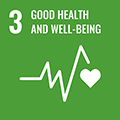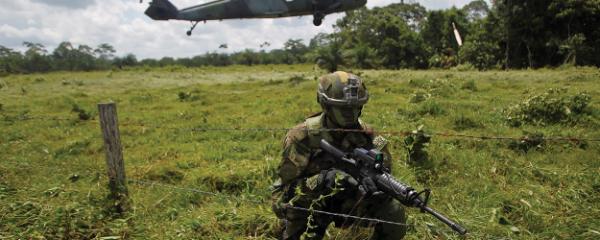Researchers at Queen’s have identified ways to optimise inter-disciplinary collaboration in weaning infants and children from mechanical ventilation.
To date over two-thirds of UK paediatric intensive care units have adopted the protocolised weaning intervention that was designed based on this research.
Research Challenge
Reducing the duration of invasive mechanical ventilation
Annually, in the UK, approximately 20,000 infants and children are treated in intensive care and, of these, around 12,000 receive mechanical ventilation.
Mechanical ventilation is potentially lifesaving, but it can compromise the child’s comfort, feeding and mobility. Furthermore, it carries risks of vocal cord dysfunction, subglottic stenosis, ventilator-induced lung injury and nosocomial pneumonia, therefore the sooner children are appropriately weaned, the better their outcomes.
Decisions about when they are well enough to come off ventilator support are complex. The SANDWICH (Sedation AND Weaning In CHildren ) intervention transformed the approach to this key aspect of the care of critically ill children.
Our Approach
A multicentre cluster-randomised stepped wedge trial
SANDWICH is a unique intervention that was developed collaboratively by Queen’s researchers and PICU Doctors, Nurses, Patents, Young People & Methods Experts in the UK. The aim of the intervention is to provide a collaborative process for safe and efficient weaning of sedation and ventilation in children, an important patient priority.
By synthesizing research findings on weaning protocols worldwide, our researchers have shown a clinically significant reduction of 6 hours (from 134 to 126 hours) (based on 260 children in 1 trial) in duration of mechanical ventilation when protocols were used in paediatric ICUs and of 25 hours (96 to 71 hours) in adult ICUs (2205 patients, 14 trials).
This work has also highlighted considerable differences in how trial outcomes were measured, impeding the interpretation of this body of research. However, despite the beneficial effects of weaning protocols, there were discordant results among the adult trials, and just the one eligible trial in children.
The research explored reasons for the discordant results in a synthesis of 11 qualitative studies of staff views in adult and paediatric ICUs and identified facilitators and barriers to clinicians using weaning protocols. These included the extent of clinician experience; inter-professional hierarchies and collaboration; ICU workload; and user-friendliness of the protocol.
The SANDWICH intervention was accredited as an intervention that made a significant impact on patient outcomes.
What impact did it make?
Significant impact on patient outcomes
By August 2019, 64% (18/28) of all NHS PICUs had changed practice and all were weaning children using the SANDWICH intervention.
By October 2019 when the trial ended, the number of children weaned using the SANDWICH intervention was 5,646. Results from this trial showed a small, but significant reduction of 5-9-hours in duration of mechanical ventilation until successful liberation. Furthermore, in an accompanying editorial presented following the presentation of results, the SANDWICH intervention was accredited as an intervention that made a significant impact on patient outcomes.
Since January 2020, the intervention and its materials became available to the remaining 10 PICUs in the UK and by December 2020, one of these have adopted it.
Since this went live, 1,509 users from 10 countries have downloaded the materials: 35% from the United States and 28% from the UK. Furthermore, nearly one-year on, a follow-up survey indicated that all participating paediatric ICUs continue to use one or more of the SANDWICH intervention components.
Our impact
Impact related to the UN Sustainable Development Goals
Learn more about Queen’s University’s commitment to nurturing a culture of sustainability and achieving the Sustainable Development Goals (SDGs) through research and education.










